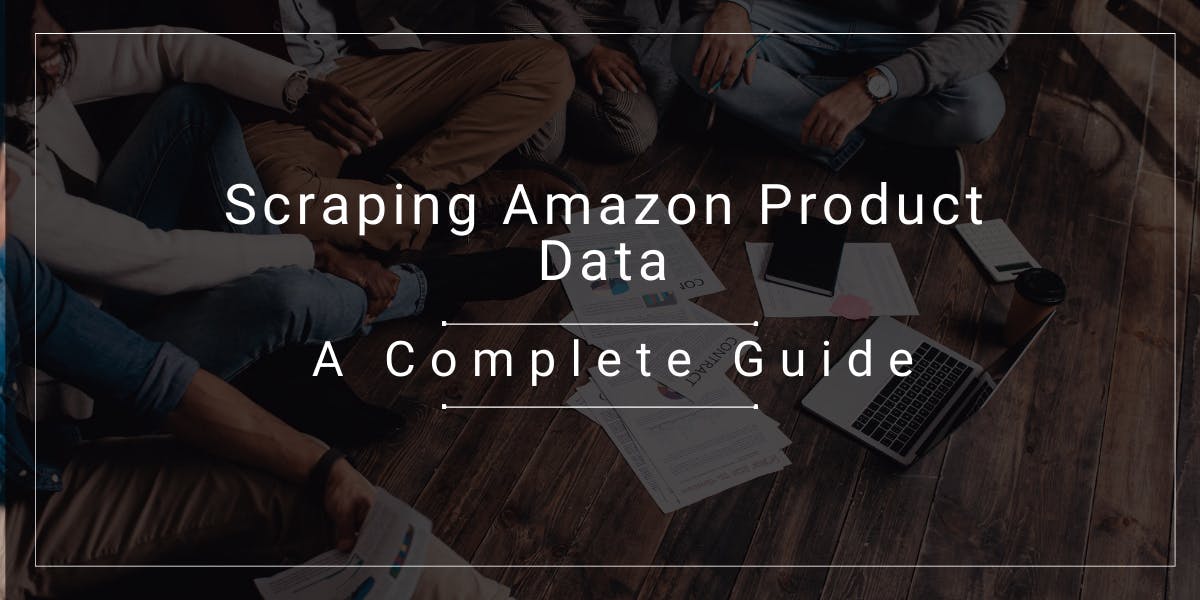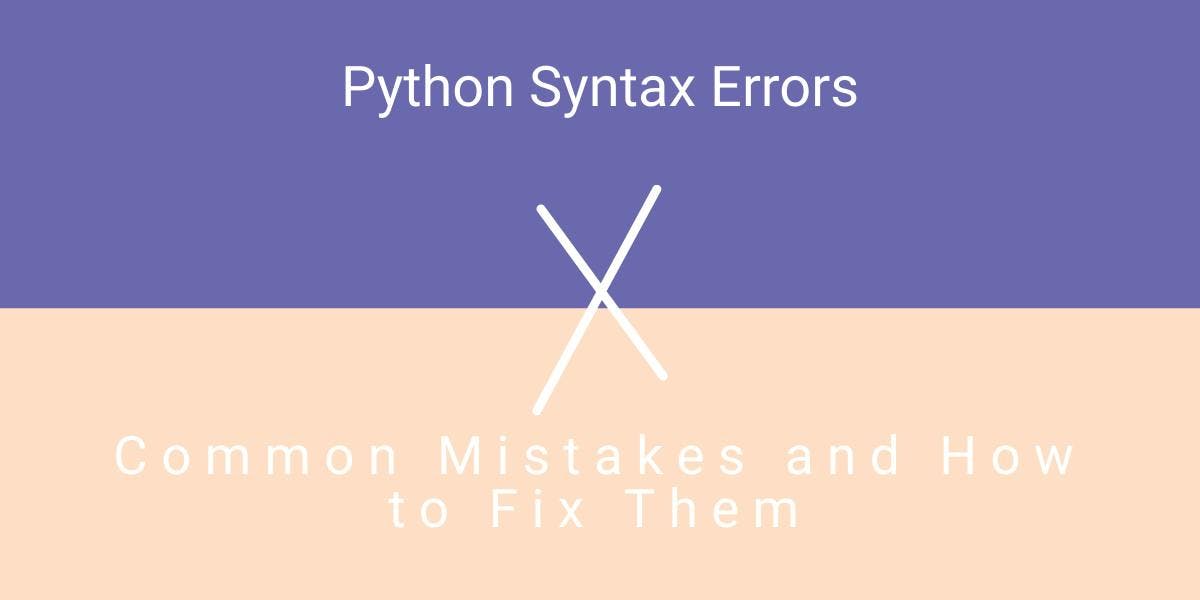The Second Mover’s Advantage
Flipnode on Jun 07 2023

Chess exhibits a noticeable imbalance, with White winning more often than Black on average. The extent of this imbalance varies based on player skill and is sometimes quantified as a 35 ELO point advantage.
Given its widespread popularity, concepts from chess quickly permeate other areas of life. The "first mover's advantage" has become a well-known expression applicable to various domains, including sports, business, and numerous other fields.
However, translating these principles directly and equally to the realm of business is a bit more complex. While a first mover's advantage exists in business, entering untapped markets can bring significant benefits, such as easier market penetration and greater freedom of action.
Yet, the business landscape is not purely black and white. A second mover's advantage also emerges, as the first mover is likely to make mistakes along the way. Consequently, the process of bringing a product to market or engaging in any business endeavor often remains veiled in secrecy.
These mysteries are often referred to as "trade secrets" or "commercial secrets" among other terms. However, in the present era, it has become possible to reverse engineer without resorting to ethically questionable techniques.
Enter web scraping
If you're reading this, chances are you've encountered web scraping in some way. Perhaps indirectly, but it's likely you've had some experience with it. Many businesses, including travel fare aggregators, e-commerce platforms, cybersecurity companies, and more, rely on web scraping either as a daily practice or as the foundation of their entire operations.
However, for many of us, web scraping happens behind the scenes. Some businesses are built around web scraping, while others utilize datasets that would be inaccessible without these tools. In one way or another, most of us are affected by it.
At its core, the process is not overly complicated. An automated application navigates through multiple URLs, retrieves the source file, and extracts the desired data. When repeated consistently, this process can yield impressive results.
“To go boldly where no man has gone before”
The allure of being the first to enter the market is undeniable. There's no competition to contend with, establishing brand recognition is relatively easy, and marketing costs are comparatively low. It's like having a temporary monopoly, where you become the sole seller in a market full of buyers (as long as the market entry is well planned).
However, entering the market early also comes with its challenges. It's not always clear how products or services should be priced. The needs we anticipate may differ from what customers actually want. Building a strong brand identity from the start is nearly impossible when there's no existing identity to leverage.
Consequently, a significant amount of time and resources will be spent figuring things out. In other words, it can be seen as a "waste" to some extent, although it's a necessary part of the process. There exists a theoretical optimum for market entry, but it's often only visible to those who closely observe the market.
Nevertheless, we've come to learn the saying "the internet never forgets." Online archives and other reminders of past events are prevalent. The same applies to digital businesses. With some ingenuity, it's possible to gain insights into the process without making the same mistakes yourself.
Scraping the advantage
Web scraping has the remarkable ability to gather publicly accessible data from any source, anytime. By monitoring and collecting in-depth historical external data, web scraping enables the visibility of competitors' early attempts to enter new markets. While it may not provide access to their internal data, it permanently captures the steps they have taken.
One might question whether there is enough data to extract meaningful insights. After all, there could have been numerous pricing models, marketing plans, branding attempts, and message drafts that never made it to market, likely for good reason. Failed attempts hold no value for us.
Therefore, web scraping reveals the impact of strategies that have proven successful. We observe those strategies that have endured and achieved success, while disregarding the unsuccessful ones. While we cannot obtain data on the latter, it is inconsequential as our focus lies solely on successful strategies.
You may wonder how far web scraping can truly take us in uncovering underlying strategies. With an ample amount of historical data, even highly complex strategies can be unraveled. For instance, SEO has a solid understanding of how search engines rank content, a process more intricate than any single marketing strategy. The same applies to e-commerce pricing strategies, which can be revealed through real-time and historical data.
In the end, the advantage of the second mover comes into play. It relies on web scraping to materialize. However, it allows the follower to avoid repeating the same mistakes as their predecessor. In other words, similar outcomes can be achieved with less effort and fewer resources.



